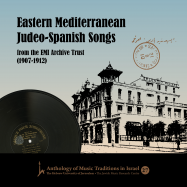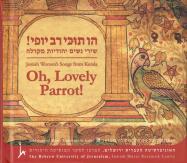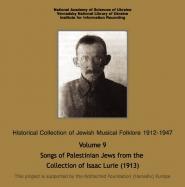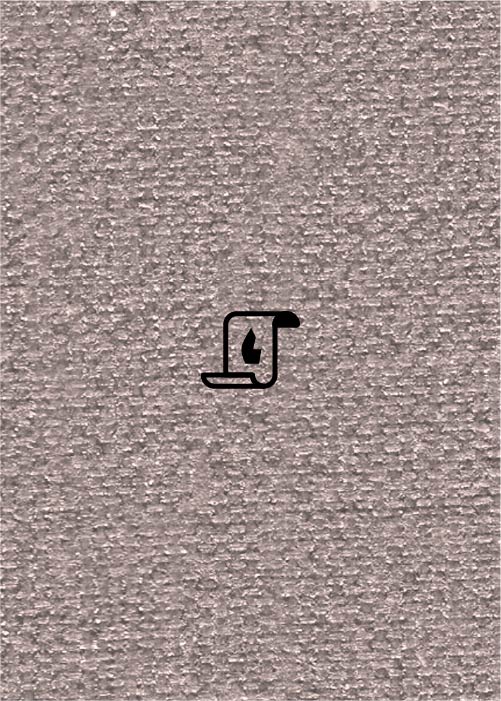(283 results found)
49. Im afes (Çakum Effendi)
… is one of the most widespread Eastern Sephardic traditional tunes for the High Holidays. Isaac Algazi recorded Im afes …
29. Blessing for the Bridegroom
… he leaves for the synagogue to be married. Set to the tunes of four popular Hebrew songs, it invokes the divine … first two words of Part II are missing from the recording. Tunes: I. Eḥad yaḥid , also Yigdal elohim ḥay , as sung at …
Yigdal for the First Evening of Shavuoth
At the end, the melody appears to shift to the tune of "God Save the King/Queen."
See…
Iyov be-nigun
Iyov be-nigun. A tune for the book of Job. Performed by hazzan from Aleppo accompanied…

Modern Trends in the Ma'luf of Tunisia, 1934-1984
Ph.D. dissertation
Dort wo die Zeder: A Forgotten Zionist Anthem in German
… research, noted a certain family resemblance between the tunes of both songs in a comparative table that he included …
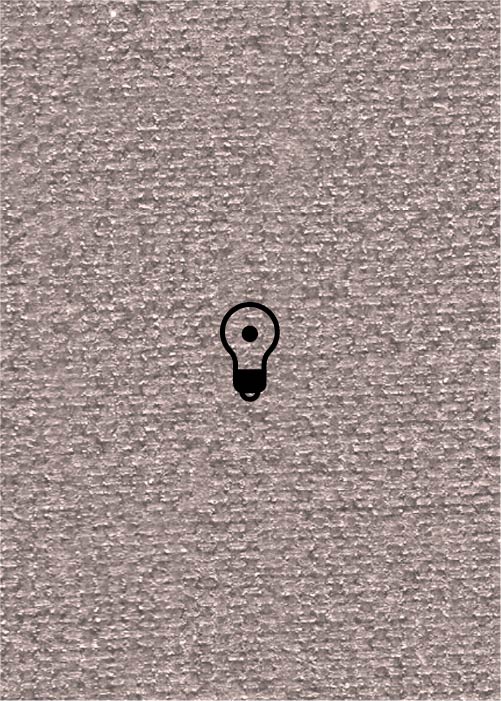
Musical instruments of the Mountain Jews
Aziatskay garmoshka (lit. 'Asian accordion'; also called 'gar-mon' or 'ghumuz' in Juhuri…

Tango (LKT)
… you get the full reference. “You had Polish dance tunes like krakowiak , oberek , na wesolo , mazur and …



